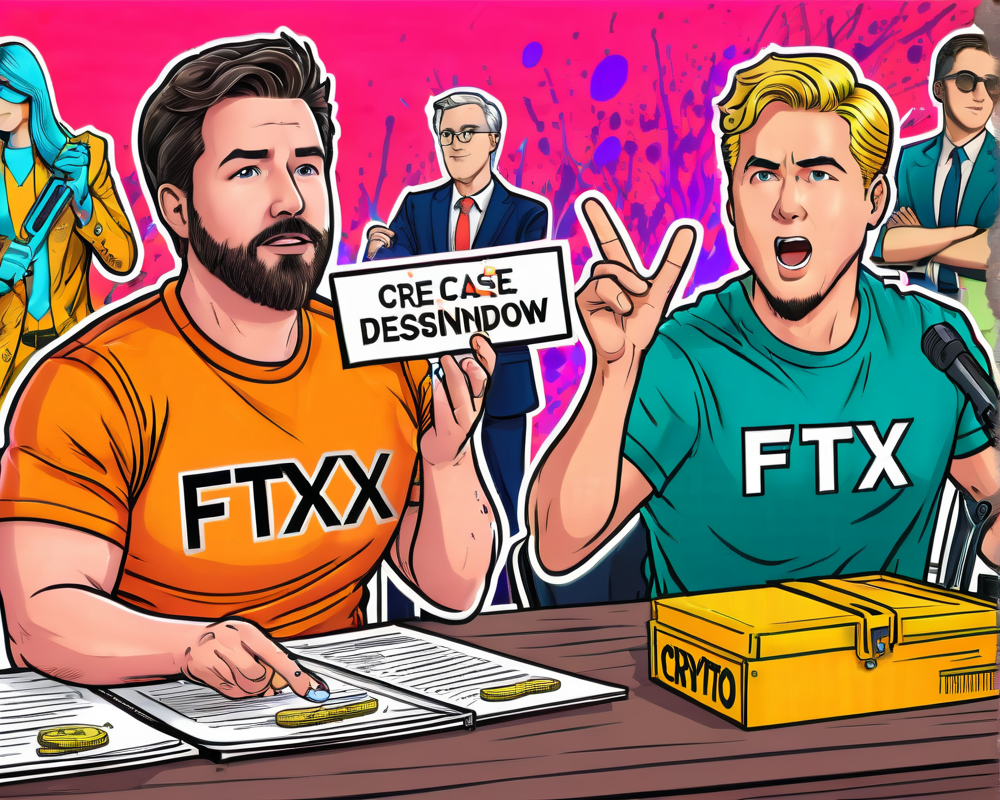Miscommunication Sparks Controversy
The Federal Deposit Insurance Corporation (FDIC) recently threw a wrench in the works for FTX, a fast-rising crypto exchange, by issuing a cease-and-desist letter. This letter followed a now-deleted tweet from FTX’s president, Brett Harrison, claiming that direct deposits were stored in individually FDIC-insured accounts. Talk about a headline-grabbing moment!
The Tweet That Started It All
In his viral tweet, Harrison exclaimed, “Direct deposits from employers to FTX US are stored in individually FDIC-insured bank accounts in the users’ names.” While the enthusiasm might have been warranted considering FTX’s revelatory growth, it backfired spectacularly. The FDIC’s warning underlined that simply mentioning a relationship with them requires proper consumer messaging and accuracy.
Apologies and Clarifications
After receiving the cease-and-desist letter, Harrison took to Twitter to clarify the messaging, saying, “We never meant otherwise, and apologize if anyone misinterpreted it.” A nice gesture indeed, but it leaves us all pondering the question: Did they read the fine print?
The Fine Line of Compliance
While user funds at FTX are held in banks insured by the FDIC, the message implied a level of insurance on the exchange itself. That’s tricky territory – and it led to rightful outrage from many within the community. It’s like saying your pet goldfish is safe because it lives in a barley-fed tank, ignoring that the fish itself is still swimming among potential predators.
The Broader Implications
With the FDIC sending similar letters to four other companies for similar reasons, many are left questioning the overall integrity of the crypto space. Is it a burgeoning market full of promise or a chaotic environment poised for scammers to thrive?
Lessons from Celsius and Others
Celsius, for one, has faced backlash for leaving customers in the dark. It’s a clear example of how poor messaging can lead to catastrophic misunderstandings, leaving customers clutching their digital wallets filled with anxiety. While these firms may not mean harm, it’s essential for them to effectively communicate their operations to protect consumers.
A Call for Proactive Regulation
The crypto world doesn’t shy away from drama, and regulators are often left playing catch-up rather than ensuring a smooth ride. As crypto adoption crescendos, it’s time for actionable regulatory measures that proactively prevent miscommunications like the FTX debacle from occurring again.
The Need for Transparency
The future lies in the hands of exchanges that provide clear, honest communication and protections for their users. Regulation, when carefully implemented, could steer the crypto industry toward healthier practices, ultimately leading to consumer trust and mainstream adoption.




